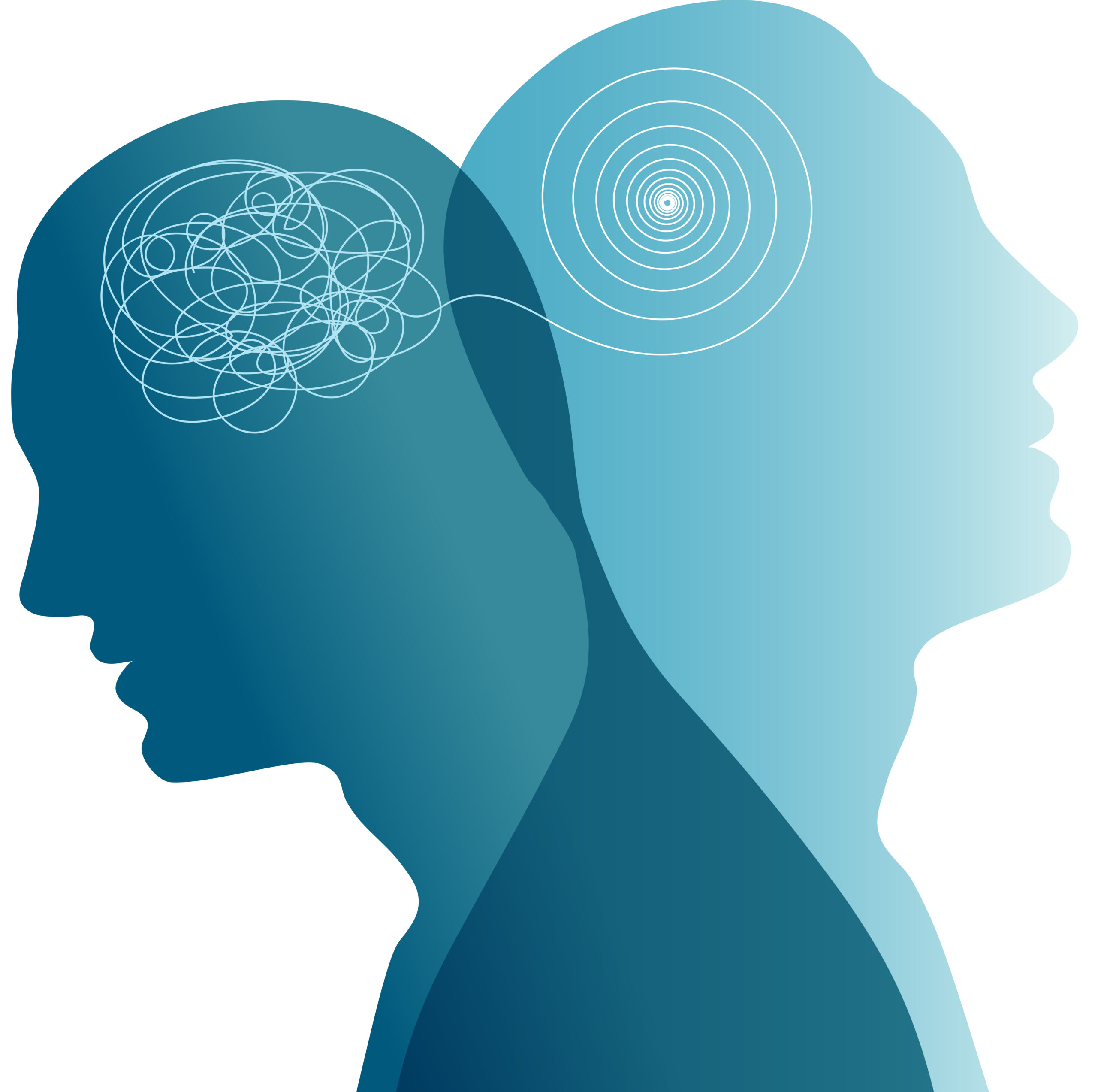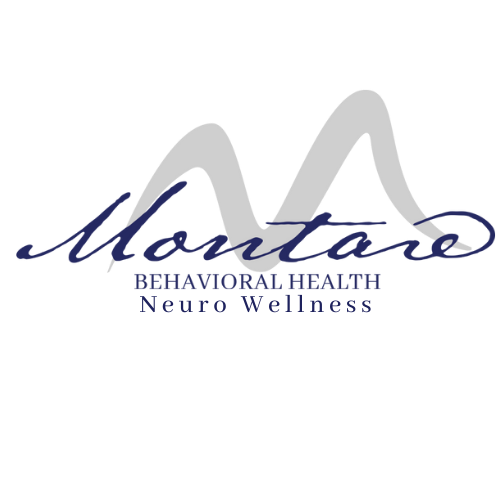Ketamine TeleHealth
Is Ketamine for me?

Have SSRIs failed?
Ketamine works differently than traditional antidepressants and is often effective when SSRIs fail. The exceptional value of ketamine lies in the way it differs from antidepressants — a benefit that can make the difference between life and death for patients with severe depression and suicidal tendencies.
Effectiveness of ketamine vs. antidepressants
Major depression is a common debilitating disorder affecting 10%–15% of the population per year. Despite advances in the understanding of the psychopharmacology and biomarkers of major depression and the introduction of several novel classes of antidepressants, only 60%–70% of patients with depression respond to antidepressant therapy. Of those who do not respond, 10%–30% exhibit treatment-resistant symptoms coupled with difficulties in social and occupational function, decline of physical health, suicidal thoughts, and increased health care utilization. Treatment-resistant depression represents a dilemma for health care providers. Major depression with a poor or unsatisfactory response to two adequate (optimal dosage and duration) trials of two different classes of antidepressants has been proposed as an operational definition of treatment-resistant depression.1–4


Rapid results
Depression has depleted your life enery. It is time to reclaim your mental good health. Most patients experience the difference within hours.
While ketamine and antidepressants both affect neurotransmitters that regulate your moods, they go about it differently. Antidepressants target serotonin and dopamine, a method that takes weeks to help your depression, if it helps at all.
Low-dose ketamine bypasses serotonin and dopamine. Instead, it directly affects levels of another brain chemical, glutamate. As ketamine quickly balances levels of glutamate, your mood improves and your depression symptoms are lifted.
Are there side effects?
The most common side effects associated with ketamine when used medically are nausea, vomiting, dizziness, diplopia (double vision), drowsiness, dysphoria (unease, restlessness), and confusion. There is also the risk of HIV, hepatitis, and other infectious diseases from shared needles.

